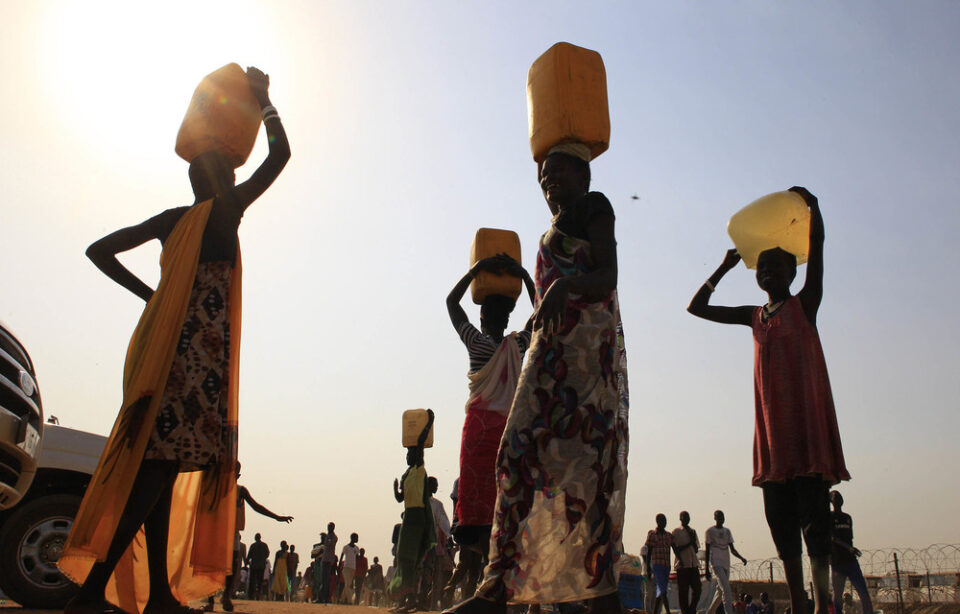BY OJO SAMSON AYOMIDE
Climate-change-literate Africans overwhelmingly want rich, developed countries to take immediate action and assist poorer nations to mitigate the impacts of climate change, a new Afrobarometer Pan-Africa Profile report shows.
They also want their own governments to take proactive measures – such as investing in infrastructure and adopting mitigation policies – despite their potential costs.
The report, based on findings from Afrobarometer’s Round 10 surveys across 38 African countries in 2024/2025, shows that more than four in 10 African adults are climate-change literate (meaning they are both aware of climate change and understand that it is driven by human activity), though climate-change literacy varies greatly by country and demographic group.
The impacts of climate change are widely felt across the continent, with drought and crop failure representing the most commonly reported effects. Most climate-change-literate citizens say climate change is making life in their countries worse. And a majority of Africans say their family has had to adapt to climate changes by changing their water or food consumption, their outdoor work patterns, their crop planting, their livestock rearing, and/or where they live.
While Africans most commonly assign primary responsibility for climate action to their national government, there has been a notable shift in recent years toward holding wealthy nations accountable for their contributions to the climate crisis.
Afrobarometer survey
Afrobarometer is a pan-African, non-partisan survey research network that provides reliable data on African experiences and evaluations of democracy, governance, and quality of life. Ten survey rounds in up to 45 countries have been completed since 1999. Round 10 surveys (2024/2025) cover 38 countries.
Afrobarometer’s national partners conduct face-to-face interviews in the language of the respondent’s choice. National samples of 1,200-2,400 yield country-level results with margins of error of +/-2 to +/-3 percentage points at a 95% confidence level.
Key findings
Awareness and understanding of climate change:
- On average across 38 countries, more than four in 10 Africans (43%) are “climate-change literate,” meaning they have both heard of climate change and recognise it as being at least partly caused by human activity.
- Climate-change literacy varies widely by country, from 19% in Nigeria to 73% in Seychelles (Figure 1).
- It is higher among men and urban residents and increases with wealth, education, and news consumption.
Experiencing climate change:
- Drought and crop failure are the most widely experienced climate threat, with half of respondents reporting that these events have become “somewhat more” or “much more” severe in their local area over the past decade (Figure 2).
- Reported increases in flooding severity are lower, at 35%.
- Eight in 10 climate-change-literate respondents (80%) say that climate change is making life “somewhat” or “much” worse in their country (Figure 3).
Support for climate mitigation and action:
- Climate-change-literate Africans assign primary responsibility for addressing climate change to their own governments (37%), wealthy or developed nations (26%), ordinary citizens (20%), and business/industry (11%) (Figure 4).
- Among climate-change-literate respondents, there is overwhelming demand for developed countries to take immediate action on climate change (83%) and to assist poorer nations (85%), alongside strong backing for their own governments to take proactive measures (73%) (Figure 5).
- Africans strongly support government climate action through infrastructure investment (81%) and pressure on wealthy nations for climate aid (78%), with moderate support for banning tree cutting for fuel (51%) and mandating the use of cleaner cookstoves (47%) (Figure 6).

